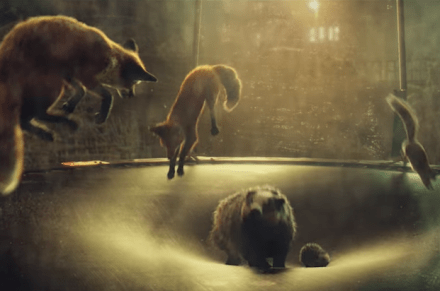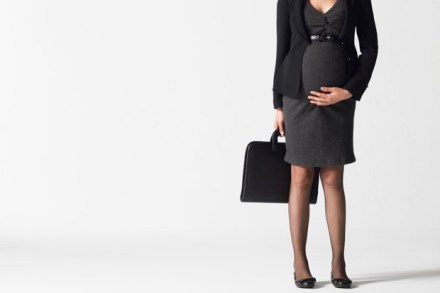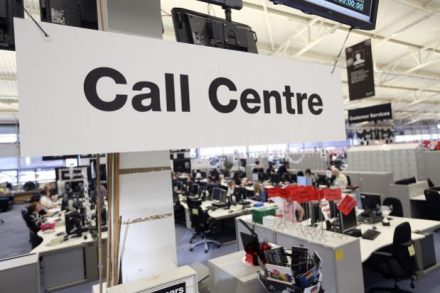In defence of Eric Bristow
The Twitch-hunters, those antsy, intolerant guardians of what it’s permissible to say on Twitter, have claimed another scalp. Eric Bristow’s. The former darts champion, lovably known as the Crafty Cockney, will now probably be better known as hate-speaker thanks to the offence-taking army that took umbrage at his tweets about child abuse. For this quarrelsome mob has the power to destroy reputations, and it looks like it has successfully destroyed Bristow’s. Bristow’s speechcrime, or tweet-crime, was to gruffly express his views on the child-abuse scandal rocking football right now. Last night, somewhat unguardedly, he wrote a series of tweets in which he asked whether it is wise for the former





















